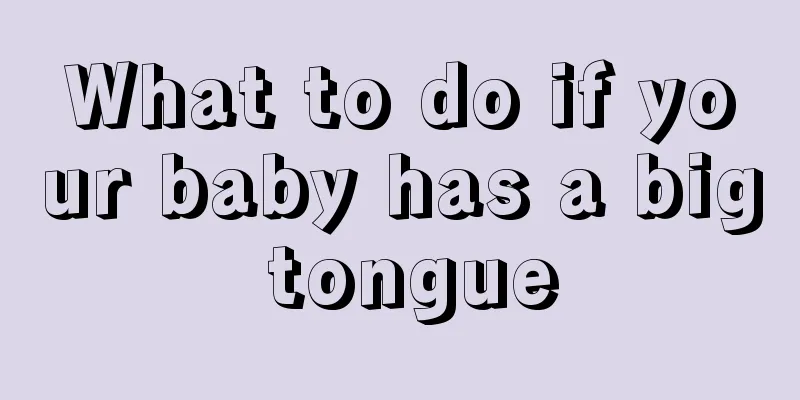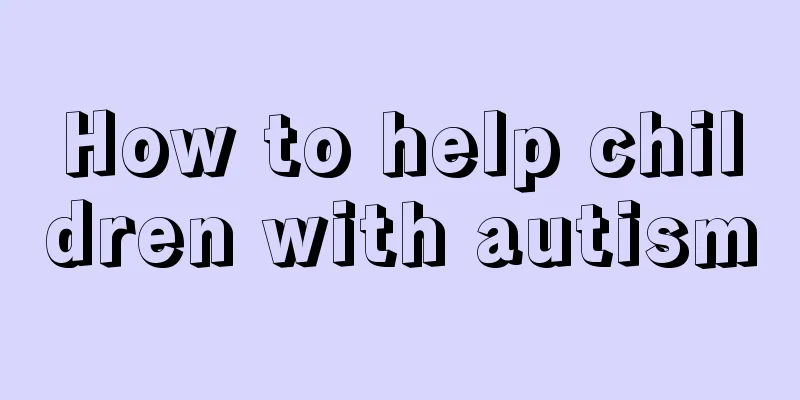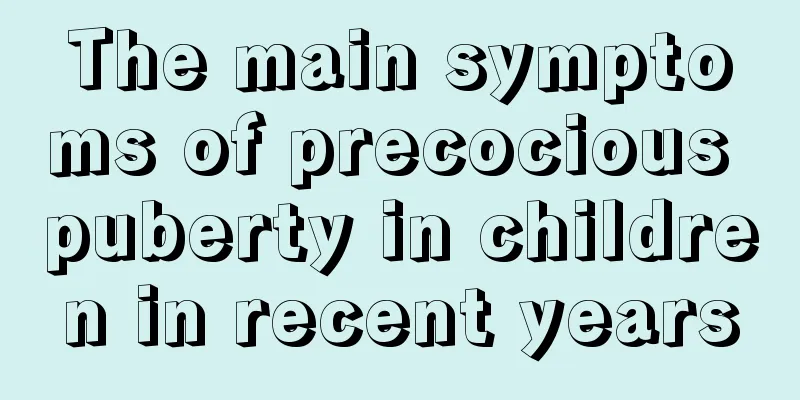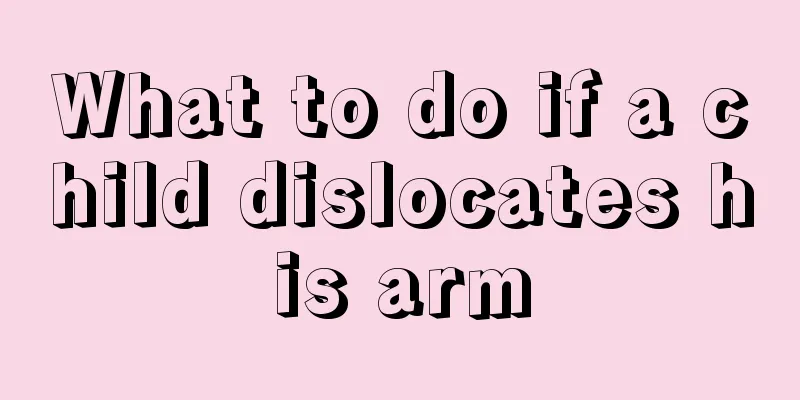What to do if your baby has a big tongue

|
As children grow up, they gradually learn languages. However, due to the incorrect way of teaching children to speak, children may develop a lisp. Since children are very difficult to teach, parents will be very anxious once they have a lisp. So, what should we do if our baby has a big tongue? Let’s take a closer look below. Tongue-in-cheek is a problem caused by incorrect pronunciation habits when children are two or three years old and just starting to learn to speak. Even if you don’t correct it when you are young, it doesn’t matter, you can still correct it when you grow up. First of all, we need to rule out whether it is an organic problem (except cleft lip, cleft palate, mental retardation, etc.) or a functional problem. Check to see if the tongue tie is too short. The method is: open your mouth, raise your tongue, press it against your teeth, and stick it out. If you see the tendons under the tongue, also called the frenulum, pulling the tongue, the tip of the tongue cannot be raised. This is a sign of a tongue tie that is too short. You just need to go to the hospital's dental department to see a doctor for a minor operation. After the operation, I still can't speak clearly, so I need to find a Mandarin teacher. Or you can seek guidance from a professional pronunciation correction and tongue speed therapy teacher. Check whether the tongue moves freely. Lift the tip of the tongue upwards, press it down against the lower teeth, press it against the left cheek, press it against the right cheek, and repeat in circles inside the mouth. Pout: bring both corners of your mouth together, and protrude the middle third of your lips forward. Hold for three seconds and control this movement well. Grin, tighten your lips, pull them forward and backward, and keep your upper and lower lips closed at all times. Rotate your mouth, tighten your lips, and rotate clockwise and counterclockwise, keeping your upper and lower lips tightened at all times. Pull your lips forward, tighten your lips, and pout your mouth to the left or right. The above is an introduction to what to do if your baby has a big tongue. I hope it will be helpful to parents. Parents are very worried about their baby's big tongue. It can be corrected through these methods. It is best to persist in helping the child to improve. In addition, when children are learning to speak, parents must be careful to avoid forming bad speaking habits in their children. |
<<: What should I do if my child has high platelet count?
>>: What are the clinical manifestations of juvenile glaucoma?
Recommend
What to do if your child eats less and loses weight
Parents will be very worried if their children do...
What should I do if my newborn's belly button becomes festering?
The belly button is a very special part of our bo...
What are the symptoms of precocious puberty in children?
Parents are increasingly worried about children n...
Seven month old baby's feet peeling
When a baby is born, his skin is wrinkled. As the...
The main harm of beating and scolding children
Some parents have a bad temper. When their childr...
What happens if your child is zinc deficient?
Many people do not have a clear understanding of ...
If babies have white scalp, it is probably because they wash their hair incorrectly.
Babies' hair is different from adults'. B...
What is the method for grading childhood obesity?
People's material conditions are better now, ...
Do you know that it is good for children to take health supplements?
Nowadays, health care products are getting more a...
When should the baby eat D3?
As the baby grows, his body needs many nutrients,...
10 month old baby oral herpes
If a ten-month-old baby develops oral herpes, par...
Do you know what consequences does premature closure of the fontanelle have?
Because the skull of every newborn is not fully d...
Is my child’s hyperactivity due to zinc deficiency?
Zinc is an essential trace element for the human ...
Is it good for children to eat soybeans?
Soybean is a food that many people like to eat. T...
What can't babies eat if they have eczema
What should we do if our baby has large areas of ...









